Short-headed. Flat-nosed. Smush-faced. Many terms are used to describe popular dog and cat breeds with short muzzles and rounded heads. The correct term for these pets is “brachycephalic,” which essentially translates to short (brachy-) head (cephalic). While many dogs and cats have a traditional, elongated muzzle, brachycephalic pets have a flatter face and nose, giving them a unique appearance—and a particular set of challenges. Since these breeds are increasing in popularity as household pets, learning about their special needs is more important than ever. Whether your best friend on four legs is brachycephalic, or you’re simply interested to learn more about this interesting subset, read on to learn more.
What are examples of brachycephalic pets?
Thanks to years of selective breeding, brachycephalic dogs and cats come in numerous types these days. Of course, any mixed-breed pet may acquire brachycephalic-like qualities, but the following breeds display the characteristic traits:
- Dogs: Shih tzu, English bulldog, French bulldog, pug, Boston terrier, affenpinscher, Pekingese, boxer, Lhasa apso, bullmastiff, Cavalier King Charles spaniel
- Cats: Persian, Himalayan, Burmese, exotic shorthair or longhair, British shorthair
Are brachycephalic pets prone to certain conditions?
Because of their unique conformation, brachycephalic pets are prone to specific problems and conditions. Brachycephalic syndrome, or brachycephalic airway syndrome, which is common in these pets, results from a series of anatomical abnormalities that lead to respiratory problems. Narrowed nostrils, an elongated soft palate, everted laryngeal tissue, and tracheal problems are all common characteristics in brachycephalic dogs and cats, which can contribute to serious breathing challenges—sometimes at rest. When you combine these problems with heat, humidity, and/or exercise, respiration can become severely compromised for affected pets, putting them at serious risk for suffocation or heatstroke.
Brachycephalic pets are also prone to dental problems because of tooth crowding, jaw misalignments, and dental disease. Routine dental care is an essential part of overall wellness for all pets, but brachycephalic pets often require additional oral attention—sometimes from early in life.
What should brachycephalic pet owners know?
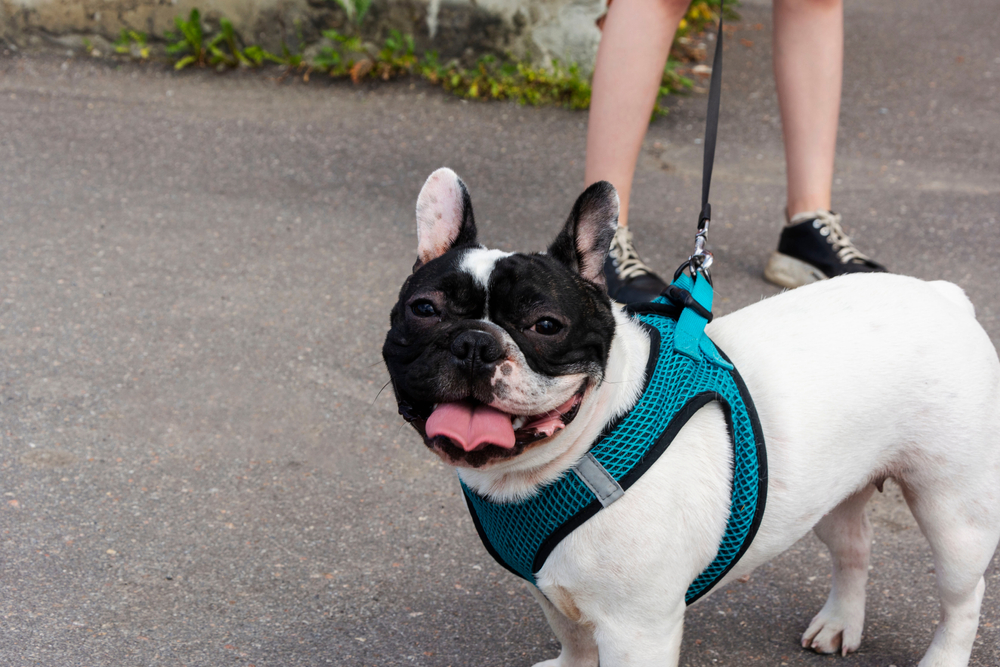
It’s no secret that brachycephalic pets require special considerations on a daily basis. Pet owners need to remember the following:
- Use a harness instead of a neck collar — Given their breathing difficulties, eliminating any unnecessary neck pressure is essential, to prevent further respiratory problems. Switching to a harness for leash walks is an easy way to help your pet breathe easier.
- Refrain from using certain muzzles — Muzzles may be necessary in situations where your pet may harm themselves, or another person or pet, but certain styles that can impede breathing should be avoided in brachycephalic pets when possible. Typically, you should use a basket muzzle instead of mesh or other soft muzzle. Ask our veterinary team for recommendations for your individual pet.
- Exercise responsibly — Let’s face it—your brachycephalic pet likely won’t be accompanying you on that marathon anytime soon. While flat-nosed breeds love to romp and play as much as any other pet, do not include them on long runs, hikes, or any other long distance or high endurance activities. Help your pet stay fit and healthy with daily leash walks, games of fetch, gentle swimming sessions, or dog park play dates.
- When it’s hot, stay home — Pets dissipate excess heat through panting, which puts your brachycephalic friend at a disadvantage in hot weather, as they cannot pant as efficiently as other breeds. Since brachycephalic pets are extremely prone to heatstroke—a dangerous condition that causes the body to overheat—keep them at home in the air-conditioning when temperatures soar.
- Monitor your pet — If your brachycephalic pet shows signs they are having trouble breathing, seek help immediately. Signs include excessive panting, noisy breathing, retching or gagging, exercise intolerance, blue tongue or gums, or collapse.
At Best Friends Veterinary Care, we take every precaution to ensure the safety of our brachycephalic patients. From specific anesthesia protocols, to special restraint techniques, your pet’s health and safety are our top priorities.
We also know that some brachycephalic pets can benefit from certain surgical procedures, to improve respiration. Do you want to learn more about brachycephalic surgeries? Do you have more questions about brachycephalic pets and their care? Contact us to learn more, or to set up a consultation.



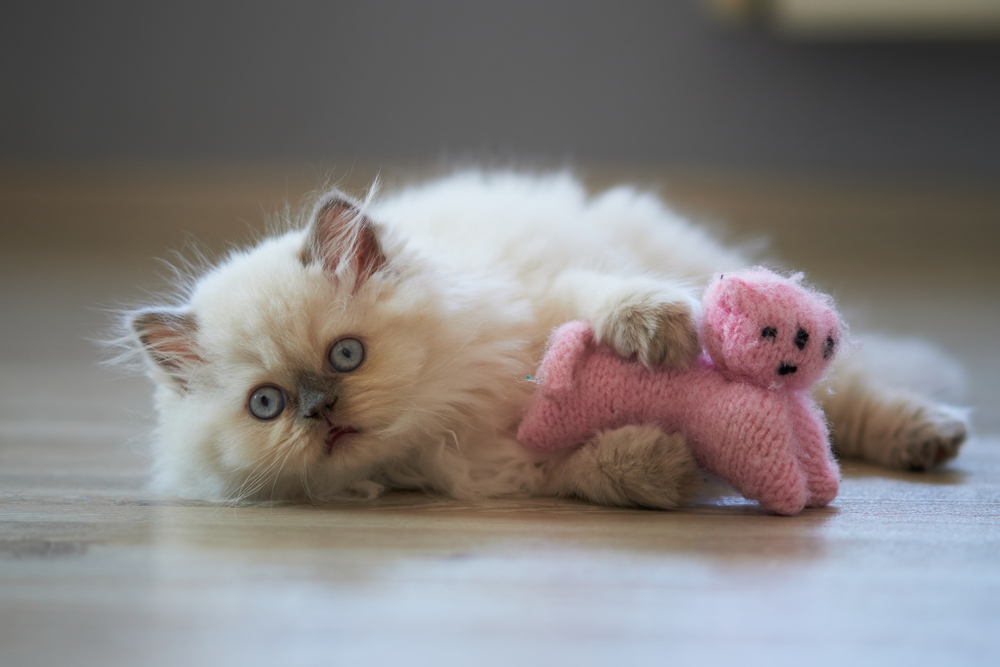
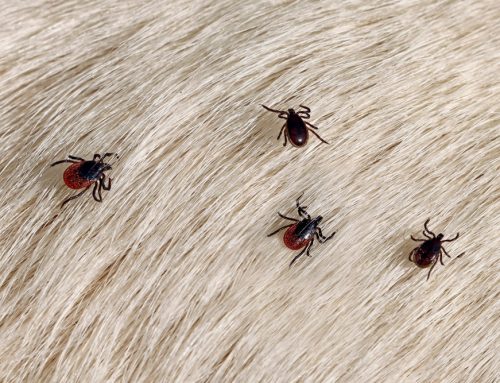
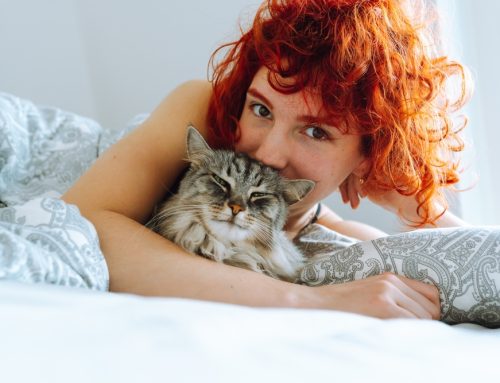
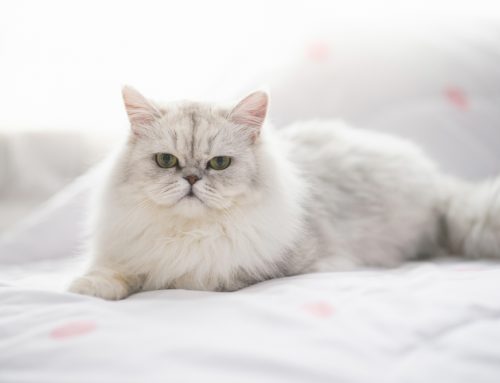
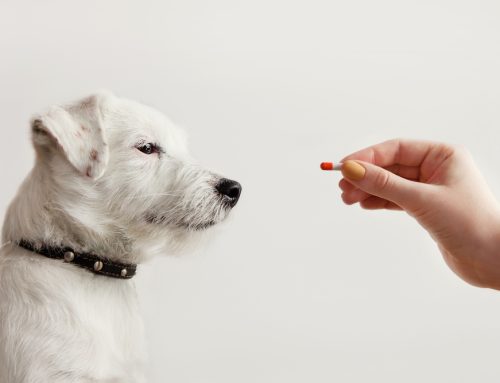
Leave A Comment